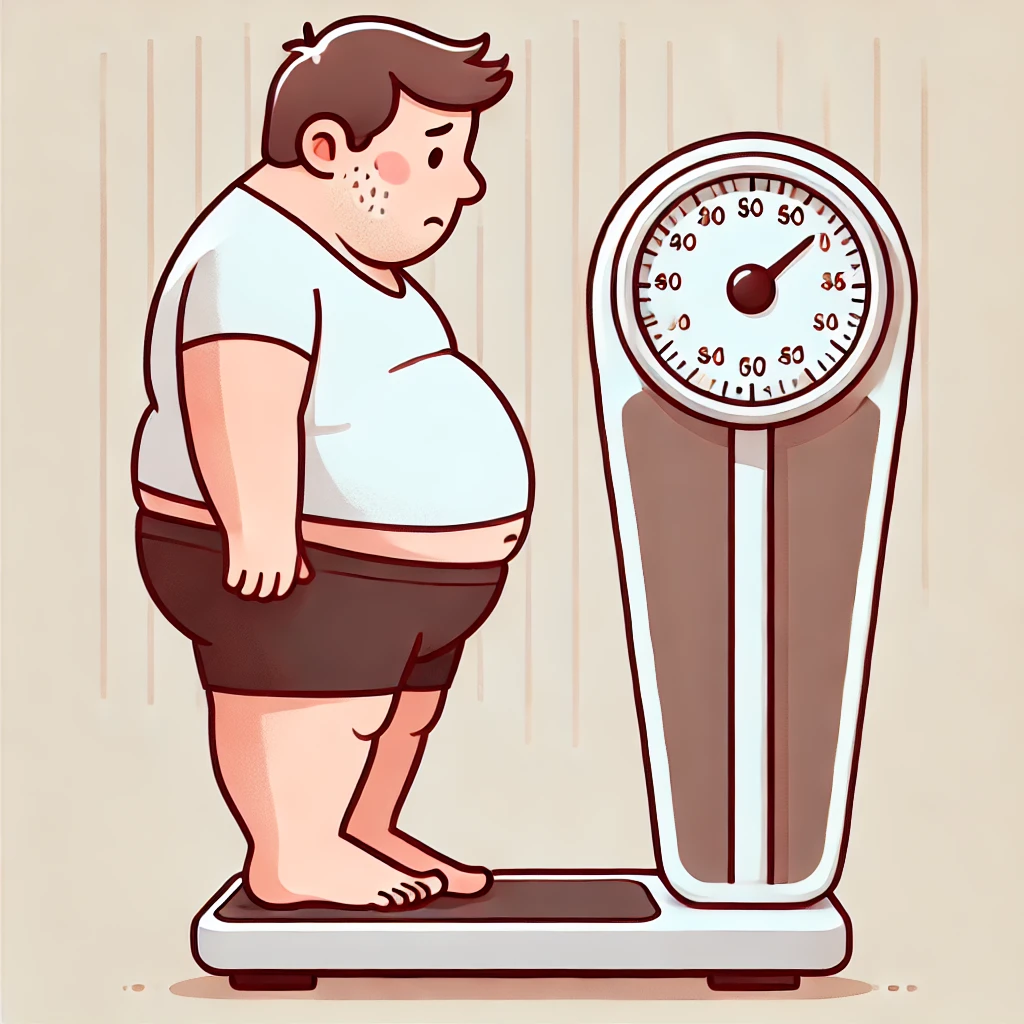Happy Weight vs. Healthy Weight: Finding the Right Balance




1. Introduction: The Difference Between Happy Weight and Healthy Weight
Happy Weight, In modern society, there are two key perspectives on body weight. One is the medically defined “healthy weight”, while the other is the “happy weight”—the weight at which an individual feels comfortable and satisfied.
Many people focus on numerical indicators such as BMI (Body Mass Index) or body fat percentage, often overlooking how they actually feel in their own bodies. So, how do healthy weight and happy weight differ? And how can we maintain a balance between the two?
2. What Is a Healthy Weight?
2.1. Medically Defined Healthy Weight
A healthy weight is typically determined by factors that reflect physical health and metabolic balance. These indicators include:
- BMI (Body Mass Index): According to the World Health Organization (WHO), a BMI of 18.5–24.9 is considered a normal range.
- Body Fat Percentage: A healthy range is 10–20% for men and 18–28% for women.
- Waist Circumference: To prevent abdominal obesity, men should aim for less than 90 cm (35.4 inches) and women less than 85 cm (33.5 inches).
- Metabolic Health Indicators: Blood pressure, blood sugar, and cholesterol levels should be within normal ranges.
2.2. Benefits of Maintaining a Healthy Weight
Studies show that maintaining a healthy weight helps reduce the risk of type 2 diabetes, cardiovascular disease, hypertension, and joint problems. For example, according to the CDC (Centers for Disease Control and Prevention), people who are overweight or obese have a 50% higher risk of developing heart disease.
2.3. Case Study: Losing Weight to Reduce Diabetes Risk
Case 1: Mr. A’s Weight Loss Journey
Mr. A (45 years old, male) had a BMI of 29, placing him in the overweight category. After being diagnosed as prediabetic, he committed to 30 minutes of daily walking and dietary adjustments. In just six months, he lost 7 kg (15 lbs), and his blood sugar levels returned to normal, eliminating the need for medication.
3. What Is a Happy Weight?
3.1. Defining Happy Weight
Happy weight is not solely determined by medical standards but also by emotional and psychological well-being. It includes:
- Body Image Satisfaction: Feeling positive about one’s reflection in the mirror.
- Healthy Relationship with Food: Enjoying balanced meals without extreme dieting.
- Enjoyment of Exercise: Engaging in physical activity as a natural part of life, not as an obligation.
- Energy Levels: Maintaining high energy and reduced fatigue in daily life.
3.2. The Psychological Benefits of a Happy Weight
Mental health studies suggest that people who have a positive attitude toward their bodies experience lower levels of depression and anxiety and report an improved quality of life.
3.3. Case Study: Overcoming Dieting Stress
Case 2: Ms. B’s Journey to a Happy Weight
Ms. B (32 years old, female) struggled with yo-yo dieting and disordered eating. She was constantly trying to lose weight, leading to cycles of binge eating and restriction. Eventually, she shifted her focus from weight loss to sustainable healthy habits. By reducing stress around food and engaging in enjoyable exercise, she maintained a stable weight while feeling more confident and energized.
4. How to Balance Healthy Weight and Happy Weight
4.1. Prioritizing a Sustainable Lifestyle Over Numbers
- Even if BMI is within the normal range, excessive stress and fatigue might indicate that your weight is not ideal for you.
- Conversely, a weight outside the standard range can still be healthy if you maintain good metabolic health and feel physically well.
4.2. Finding a Flexible Eating Pattern
- Instead of extreme dieting, aim for an 80% healthy diet + 20% enjoyable foods.
- For example, eating nutritious meals during the week and allowing occasional treats on the weekend can create balance.
4.3. Making Exercise Enjoyable
- Exercise should not feel like punishment. Choose activities you genuinely enjoy, such as yoga, swimming, hiking, or dancing.
- Even starting with 10-minute stretching sessions can be a great way to incorporate movement.
4.4. Focusing on Health Indicators Over Weight
- Instead of obsessing over the number on the scale, monitor blood pressure, cholesterol, and glucose levels to assess health more accurately.
5. Conclusion: Finding the Optimal Weight for You
5.1. Summary Table: Healthy Weight vs. Happy Weight
| Category | Healthy Weight | Happy Weight |
|---|---|---|
| Definition | Based on BMI, body fat percentage, and metabolic health | Based on emotional satisfaction, energy levels, and confidence |
| Goal | Disease prevention and maintaining physical health | Reducing stress and improving quality of life |
| Approach | Diet control, structured exercise | Flexible eating habits, enjoyable physical activities |
| Sustainability | Can be achieved with strict discipline | Long-term, balanced approach |
5.2. Final Thoughts
Healthy weight and happy weight are not conflicting concepts. The key is to find a balance where your body is healthy and your mind is at peace. By shifting the focus from rigid standards to sustainable well-being, you can create a holistic approach to weight management that truly works for you.
Recent Posts
What is Glomerular Filtration Rate (GFR)? Understanding Kidney Health Made Easy
What is Glomerular Filtration Rate? Have you ever heard your doctor say, "Your GFR looks…
Healthy Soup Choices for Diabetes and Kidney Disease Patients
Should Diabetes and Kidney Disease Patients Avoid Soup Dishes? One of the most common pieces…
Predicting the prognosis of Chronic Kidney Disease with KFRE:
Why Is KFRE Gaining Attention? Chronic Kidney Disease (CKD) is often a “silent” condition. Many…
Latte vs Americano: Which Is Healthier for People with Diabetes or Kidney Disease?
Coffee is part of daily life — but how does your choice affect your health?…
Is Vitamin B12 High in Any Fruit? A Complete Guide for People with Diabetes and Kidney Disease
✅ What Is Vitamin B12? Vitamin B12 (cobalamin) is a water-soluble vitamin essential for maintaining…
Iron Therapy in Chronic Kidney Disease: More Than Just Anemia Treatment
Iron deficiency is a prevalent issue in chronic kidney disease (CKD), affecting approximately 30–50% of…
